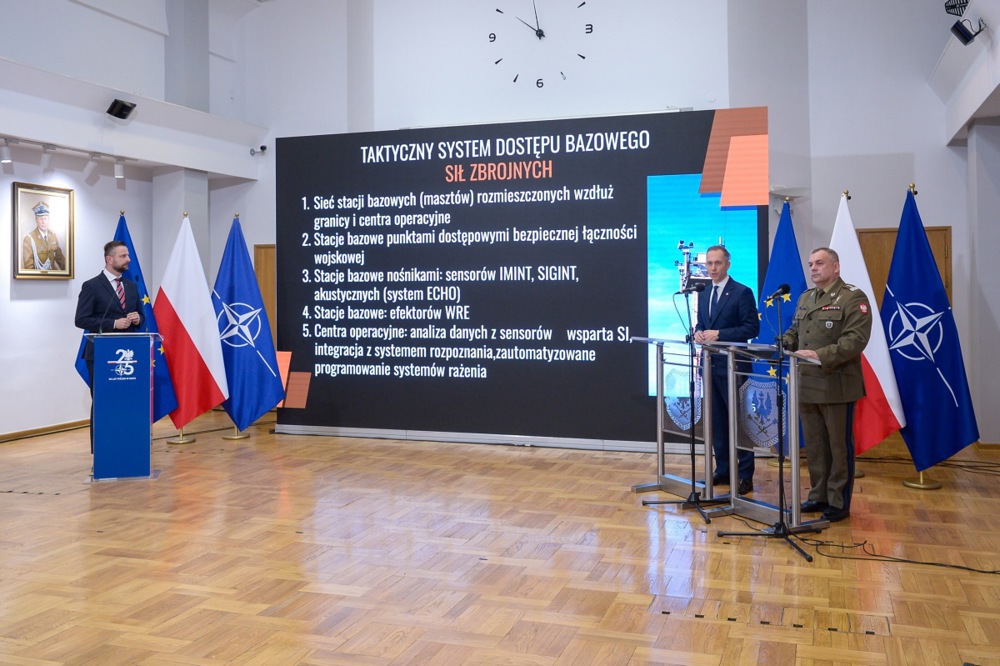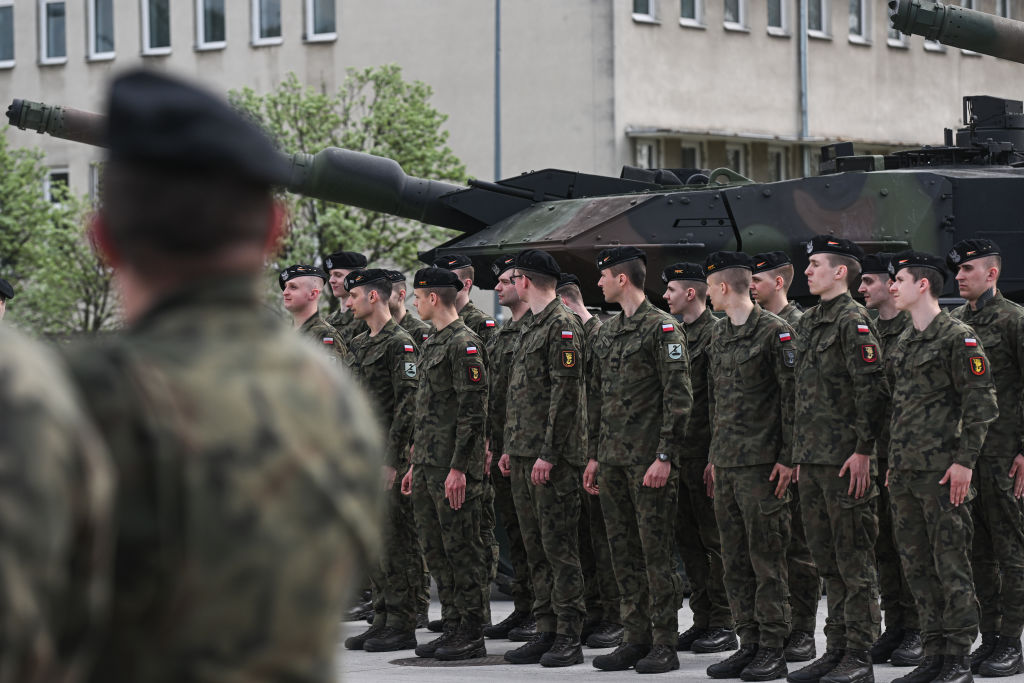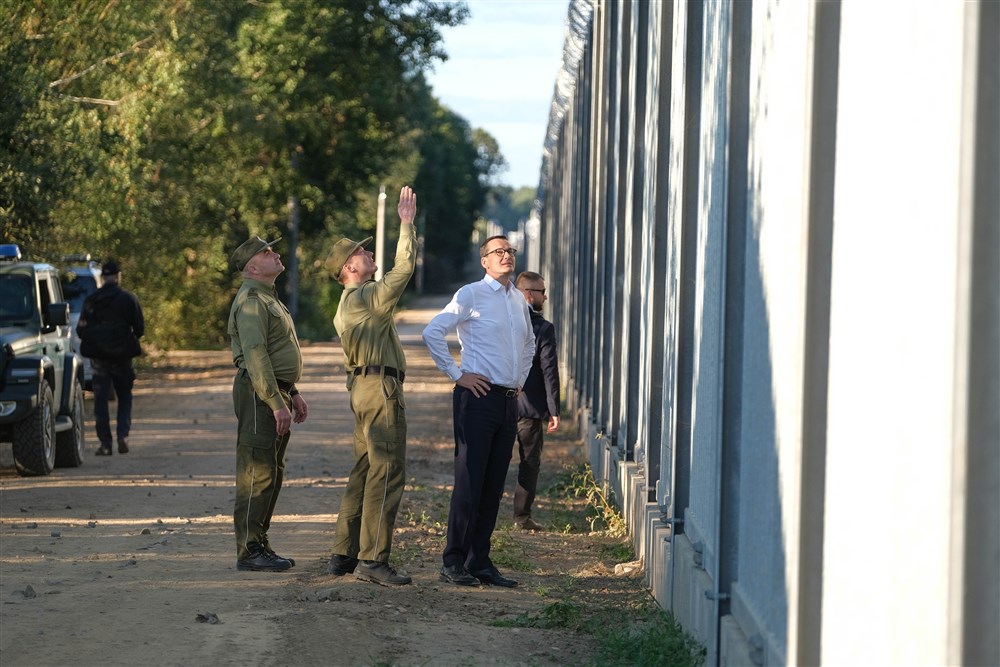Poland’s interior ministry has reported a 64 per cent drop in the number of attempted illegal crossings by migrants from the country’s border with Belarus since the introduction of an exclusion zone on June 13.
As a result, the Polish Government on September 11 announced it would extend the period of operation of the exclusion zone by another 90 days.
Interior minister Tomasz Siemoniak said: “The exclusion zone has brought good, concrete results,” adding it was “primarily aimed at people smugglers who pick up individuals being trafficked across the border”.
The interior ministry noted that, between June 13 and September 9, there were 6,130 attempts to illegally cross the border, representing a fall of almost two thirds from the 17,030 attempts recorded in the equivalent four-month period before the zone’s introduction and that 71 people had been detained for people smuggling.
The exclusion zone was implemented in reaction to a surge in attempts at crossings by illegal migrants, several involving violence against Polish border guards and which the Polish Government claimed were assisted by the Belarusian authorities.
The previous Conservative (PiS) government also enforced an exclusion zone in response to a similar surge in 2021. The latest zone consists of a ban on the presence of unauthorised people from coming within 200 metres in some places and in others two kilometres of the Polish side of the border.
When the PiS introduced its exclusion zone the then-opposition Civic Coalition, led by current Prime Minister Donald Tusk, protested at the move. A number of its MPs attempted to visit the zone and sued police officers who tried to prevent them doing so. They also described the treatment of the illegal migrants as “inhumane”.
Since coming to office last year, Tusk’s government has said that the illegal migration surge on the border with Belarus was an act of hybrid warfare by Belarus and Russia and has introduced measures to strengthen the border barriers alongside bringing in the exclusion zone.
There has been consistent criticism of the latest move from Poland’s Ombudsman and the Council of Europe’s Commissioner for Human Rights Michael O’Flaherty who have said that the zone impedes access to the border for the media and humanitarian groups.
The Helsinki Foundation for Human Rights has also also criticised the exclusion zone and claimed it represented an unconstitutional breach of civil liberties and media freedom . In addition, that was further contributing to a worsening of the humanitarian crisis on the Polish-Belarusian border, it said.
The interior ministry in response pointed to the fact that 158 permits had been issued for people to enter the area, including 97 for journalists and 23 for international NGOs.





